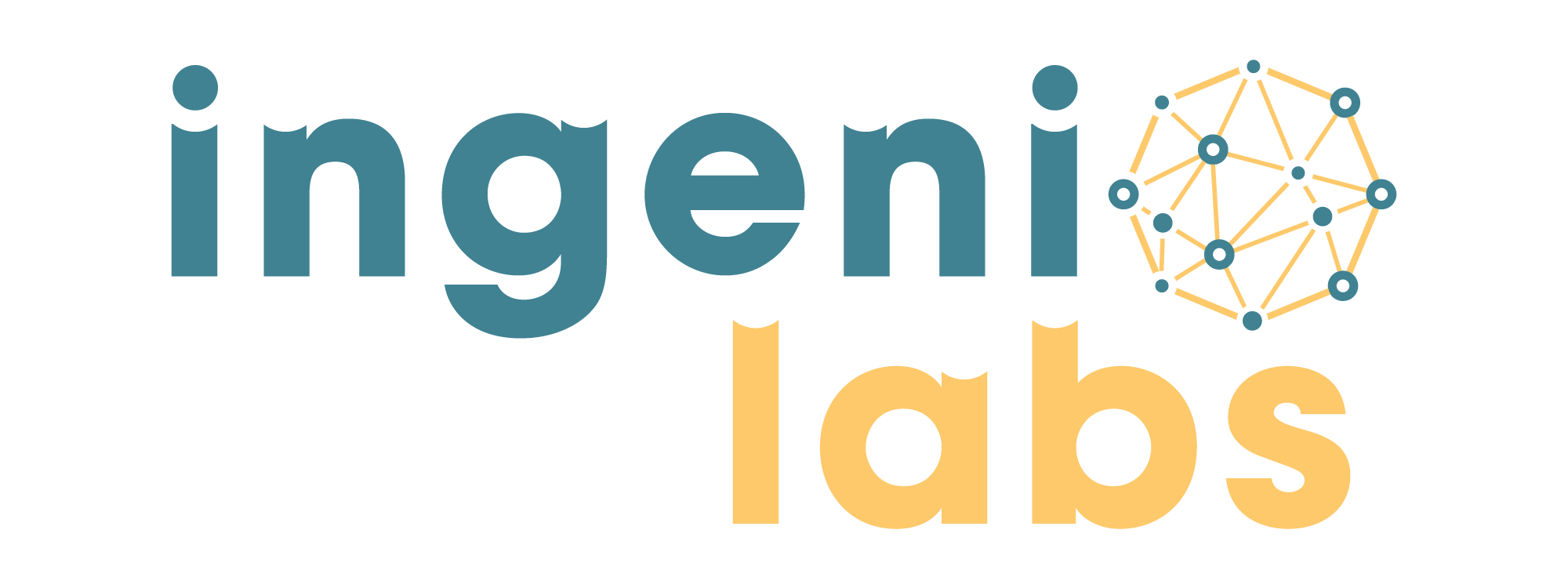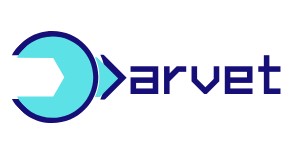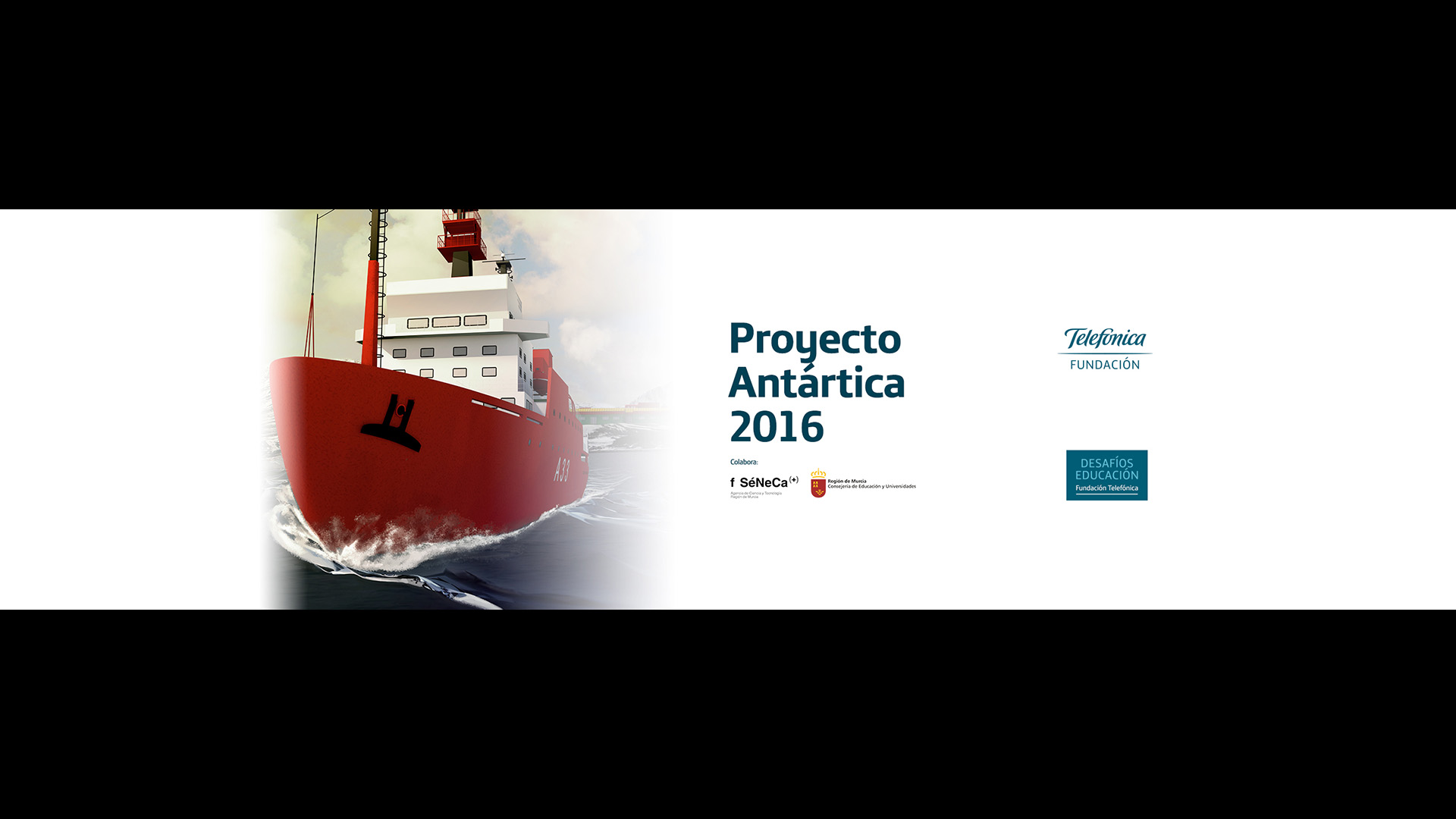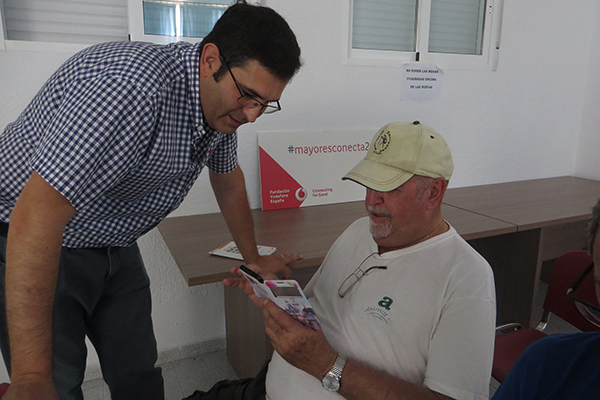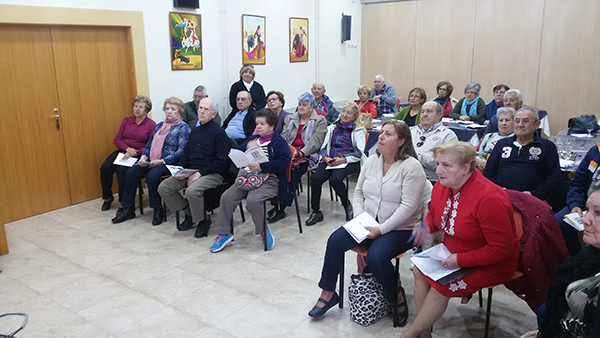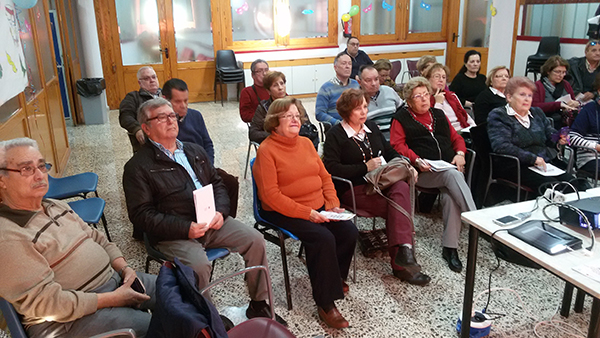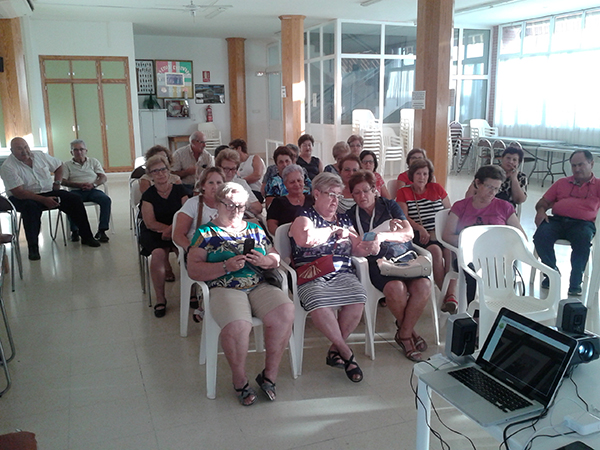European Innovation Projects
Ingenio Labs participates in several European projects within the Erasmus+ Strategic Alliances programme. In all of them we assume the role of partner developer of educational innovation, with digital tools aimed at improving digital education and, most of the time, to promote inclusive education, facilitating the educational normalisation of people with disabilities. We are involved, among others, with serious games projects for employability, augmented reality in vocational training for students with disabilities or virtual trainers for health consultations – spectacular!
Educational Television
Most TV executives think that, to avoid putting the audience to sleep, these two terms should not go together. Relax, it’s an urban legend created to hide a lack of imagination and creativity. Fortunately, there are many of us who think differently. Those of us who believe that television can and should be used to transmit values, content and knowledge that provide value to children in a way that is so entertaining that it keeps them glued to the screen. That they can be easily coordinated with curricular content in a cross-cutting way, that they should fit into a complete and fun digital strategy… In short, things that seem like common sense and yet are not done: our favourites.
At Ingenio Labs, with the help of some of the best professionals in the sector in our country, we have designed two different proposals in this sense, both with puppets (Don’t you think there is too much animation in children’s television? We think so, and so do the BBC, Apple TV, PBS…).
Cobaya Rebellion
A series to experiment with science and encourage scientific vocations, especially those of girls, with an irreverent and fun tone. A group of experimental animals have taken control of an abandoned laboratory; a gang of kids from the neighbourhood have entered it, giving rise to the greatest scientific competition between species that you can imagine. The stakes are high to prove which species is the most scientifically savvy. With a website to enjoy the laboratory scenario of the series, interact with its characters, contact with real active researchers, do experiments, compete with others, with many online activities, as well as materials for families and educational centres.
eRats
A series to promote reading and literature in children; there are TV executives who could have a stroke just reading that sentence. In the basement of the National Library, a group of very, very crazy rats are the only ones who can prevent the greatest literary works of all time from being “modified” (can you imagine Don Quixote turning into a vampire from the Twilight Saga? Well, you’d better not). Once again, a website with the interactive scenarios of the series, the characters, extension materials, extra resources, competitions… and, of course, materials for families and teachers. Because education is everyone’s business.
Gamification and Serious Games: Antartica Project
The Antarctica Project, promoted by Fundación Telefónica with the collaboration of the Regional Ministry of Education of the Region of Murcia (through Fundación Séneca), brings together different elements of educational innovation.
TRANSMEDIA
Use of a powerful media combination, focused on the objectives of the project, with actors adjusted to the target present in audiovisuals, social networks and messaging to users. An attractive script based on a conspiracy against the Antarctic environment around which the scientific content has been organised. It is the first massive transmedia educational project carried out in our country.
GAMIFICATION
Tailor-made design of a web environment with a graphic adventure core. A timeline that forces participants to solve the scientific tasks and enigmas set out in order to continue advancing and gain access to the game’s closed scenarios. The approach is in line, for example, with educational gamification dynamics designed by the prestigious professor Eric Klopfer of the MIT Scheller Teacher Education Program (http://education.mit.edu). The Antarctica Project was the first wide-ranging development of an educational serious game in Spain; until now there had only been isolated initiatives (not massive) using free and similar software. In Europe there is only one experience of this type, carried out in Belgium, the Ava and Trix (https://ava-trix.com), which seeks simple online experimentation for primary school students; however, Antártica also incorporates the link with science and active researchers.
SCIENTIFIC AND TECHNOLOGICAL VOCATIONS
The project has taken into account the results of recent research on key variables for the promotion of scientific-technological vocations, such as the perception of the social benefit of science and the normalisation of the figure of scientists (for this reason all the scientists who appear in the video game are real, they have been to Antarctica and their personal progression, their interest and motivations to carry out certain lines of research are shown because of their interest for society).
Pilot application of the Antarctica Project in the Murcia Region
In its pilot application in the Region of Murcia, the Antarctica Project has had almost two thousand participating students. Being an educational project with a weekly activity maintained for three months, it has been possible to verify, among other things, the sustained interest of the participants, which has allowed not only for there to be no drop-outs, but also for the number of participants to increase throughout the project. Antartica has been used by 465 teachers from 49 different secondary schools in the Region of Murcia, mostly public schools. The reception of the teachers has been excellent, many of them expressing the high interest aroused among their students, telling specific cases of students who had become “hooked” again to science subjects thanks to the Project.
References in the press

Matrix Model Audiovisual Series
What better way to show successful social action than in an audiovisual series? In a clear, accessible visual language for all audiences, we show the effectiveness of addiction intervention programmes. With images that show the harshness of the reality but also the emotions, the motivation and the spirit of motivation of the participants and, of course, the professionals who work side by side with them.
As we have told you before, it was so good that it received the prize of the International Medical, Health and Telemedicine Film Competition.

Donarfest
Donarfest is an educational proposal, pioneering in Spain, for the promotion of organ transplants in adolescents. It is a small festival of short films made with mobile phones where our teenagers promote solidarity and participation in organ donation programmes.
Easy Smartphone for the Elderly Vodafone Foundation
Thanks to the support of the Vodafone Foundation, inGenio Labs has been helping to train the elderly in the use of smartphones for several years. In this programme, almost 2,000 elderly people a year learn the most basic use of smartphones, allowing them to stay in contact with their families and, above all, to escape from digital isolation, which is especially important for those elderly people who live alone and in rural environments. The Murcia Institute of Social Action (IMAS) of the Region of Murcia, the City Council of Murcia and the City Council of Cartagena are collaborating in this project.
In 2016, the Smartphone Fácil para Mayores Fundación Vodafone programme received the National Award for the Best Project or Initiative for the Development of the Information Society from the Spanish Association of Telecommunications and Information Society Users (AUTELSI).
- Press report.
- Training pills.
